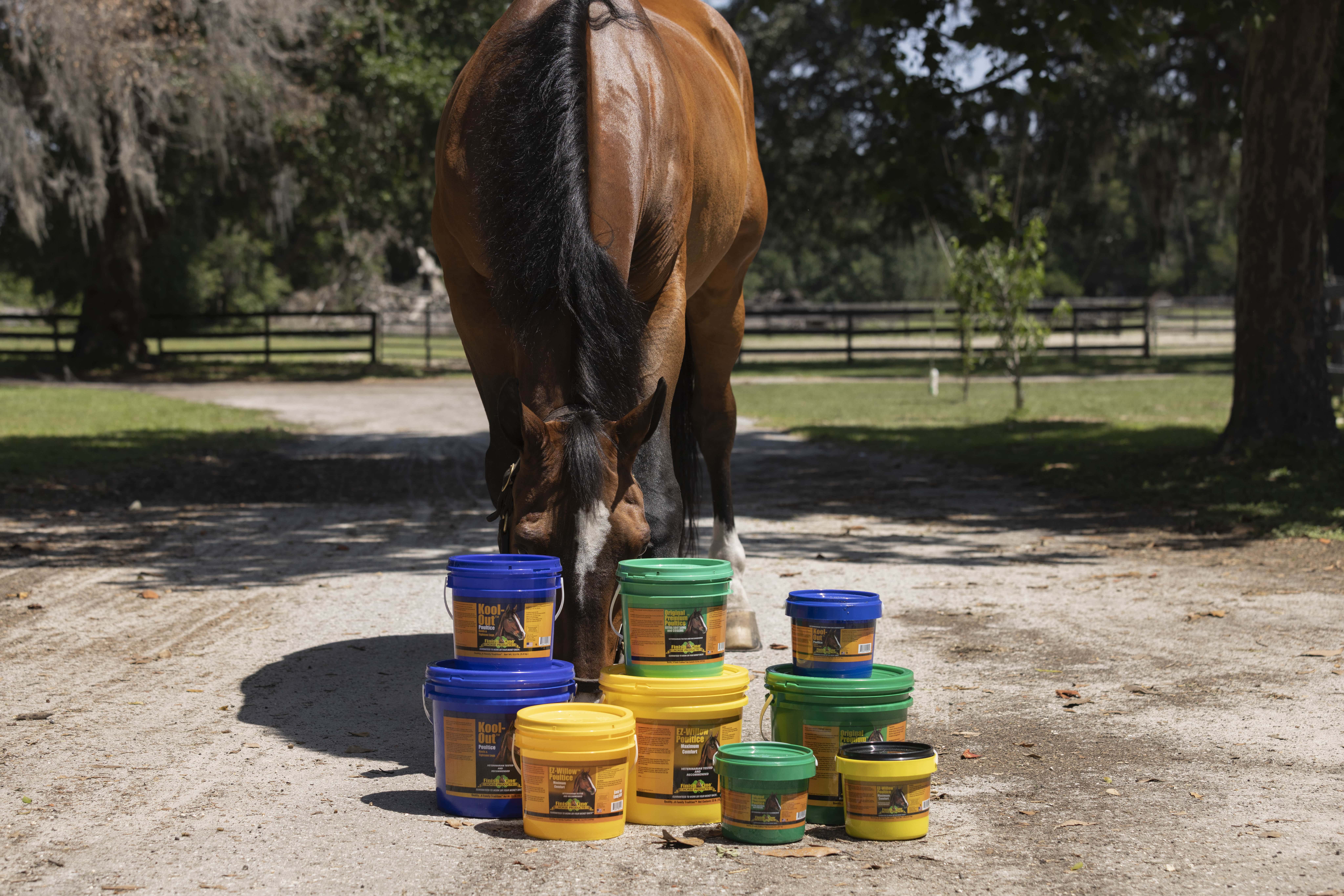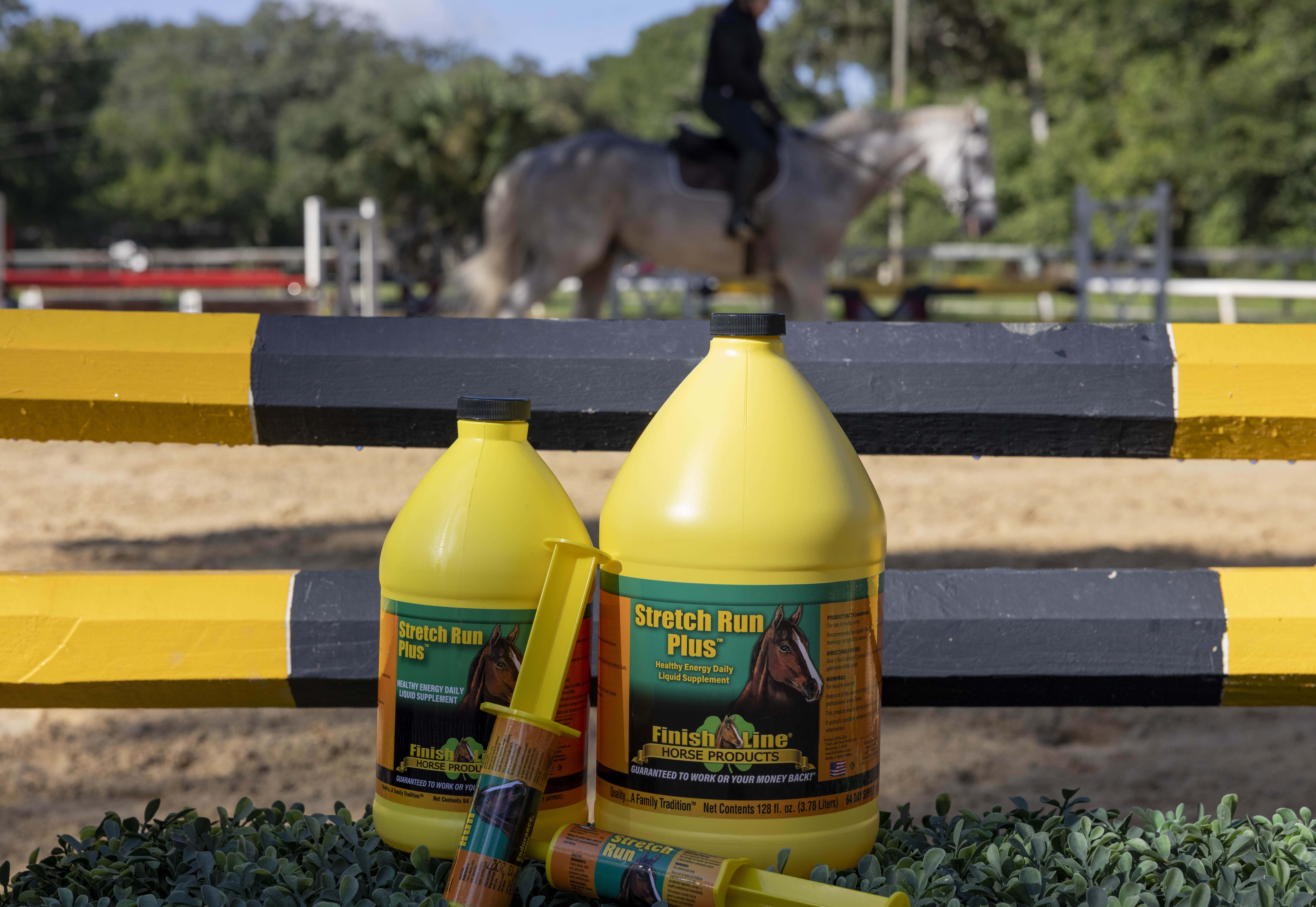Dealing with an anxious equine is one of the most difficult and frustrating aspects of horse ownership. Anxiety brings training to a standstill and compromises your horse right before a performance. Knowing how to alleviate your horse’s fears during these moments is critical for maintaining your connection with the animal and ensuring a successful competition. Here are four tips to work through your equine’s anxiety:
1. Go easy during exercise
As Equus Magazine pointed out, pushing an anxious horse beyond its capabilities will only stress it out further. Don’t force a tense animal to do an exercise it’s physically not ready for, and make sure it’s mentally prepared for any task you put before it. Even if you don’t plan to teach your equine something new, going easy on the exercise during times of stress can help it calm down and readjust.
“A change in attitude might stem from pain.”
2. Examine the horse for chronic pain
If your horse suddenly has anxiety that persists for several days, this change in attitude might stem from pain. Health issues like arthritis, gastric ulcers and navicular syndrome can make your horse lethargic, fidgety or reluctant to exercise. To help your diagnosis, look for other symptoms of pain like loss of appetite or condition, stiffness or swelling around joints, sweating, or an increased pulse or respiratory rate.
In some instances, your horse just might be a little sore from a hard day of exercise or a strenuous competition. In this case, try offering your animal Finish Line’s Willowcin-X. This product, given in two doses, was designed to support temporary relief from overexertion.
“Many experienced owners credit B vitamins with keeping their equines calm.”
3. Offer vitamin B supplements
Many experienced owners credit B vitamins with keeping their equines calm during high-stress moments – for example, when traveling to a competition or when a horse is separated from its friends. Finish Line’s Quia-Cal, a fast-acting supplement of vitamin B1, calcium and magnesium, was designed to promote healthy nerves and reduce anxiety. This one-shot oral mixture, made with a tasty apple-cinnamon flavor, is perfect right before travel or performing.
4. Keep yourself calm
Horses are sensitive to your emotions and are easily stressed when you’re feeling anxious yourself, TheHorse.com noted. Even if you don’t realize you’re exhibiting symptoms, your horse’s attitude can begin to mirror your own.
“Studies show heart rate and cortisol levels in horses increase along with their riders,” Carissa Wickens, assistant professor with the department of animal sciences at the University of Florida, told TheHorse.com.
If you’ve had a stressful day, take a few breaths before approaching your equine. Try not to let its attitude increase your frustration. Your horse might not want to work today, sensing your anger and stress, and its reluctance will only make you more upset. In instances where you can’t calm down, the Meredith Manor International Equestrian Centre recommended you stop for the day and continue again later.








